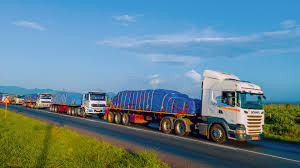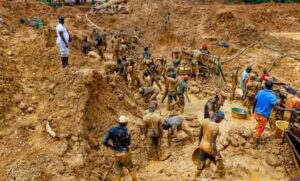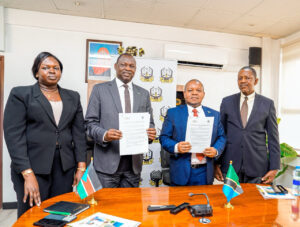Buy Business Insider Reporter
In a world where logistics and energy costs define global competitiveness, Tanzania is placing a strategic bet on infrastructure, notes Africa Development Bank (AfDB) in its 2025 Country Diagnostic Note.
With an eye on transitioning to upper-middle-income status by 2050, the government is prioritising large-scale investments in transport, energy, water, and digital infrastructure.
The business case is strong. According to the Country Diagnostic Note 2025, logistics in Tanzania account for up to 45% of total import costs – among the highest globally. This erodes margins, slows trade, and discourages investment.
Poor infrastructure in rural areas also limits market integration and suppresses agricultural earnings.
To reverse this, Tanzania is executing a bold infrastructure agenda.
Projects like the standard gauge railway (SGR), upgrades to the Dar es Salaam port, and expansion of renewable energy sources are transforming the landscape. These initiatives are not just public works – they’re enablers of private sector growth.
But gaps remain.
Access to reliable energy is uneven, especially outside major urban centers. Internet connectivity is patchy. Storage and handling facilities at ports and logistics hubs still need significant upgrades. These weaknesses constrain manufacturing, trade, and services.
For investors, this presents two types of opportunities: participate in infrastructure delivery through PPPs and capital markets—or develop complementary services that thrive when logistics improve. Warehousing, cold-chain logistics, transport tech, and solar microgrids are all growth areas.
The key to success will be partnerships. The government is actively courting private investment, and development finance institutions are co-financing major projects. Businesses that understand the regulatory frameworks and build local alliances will be best positioned.
Tanzania’s infrastructure push is more than a development goal – it’s a business opportunity. Companies that build alongside the country will shape and benefit from its long-term competitiveness.









